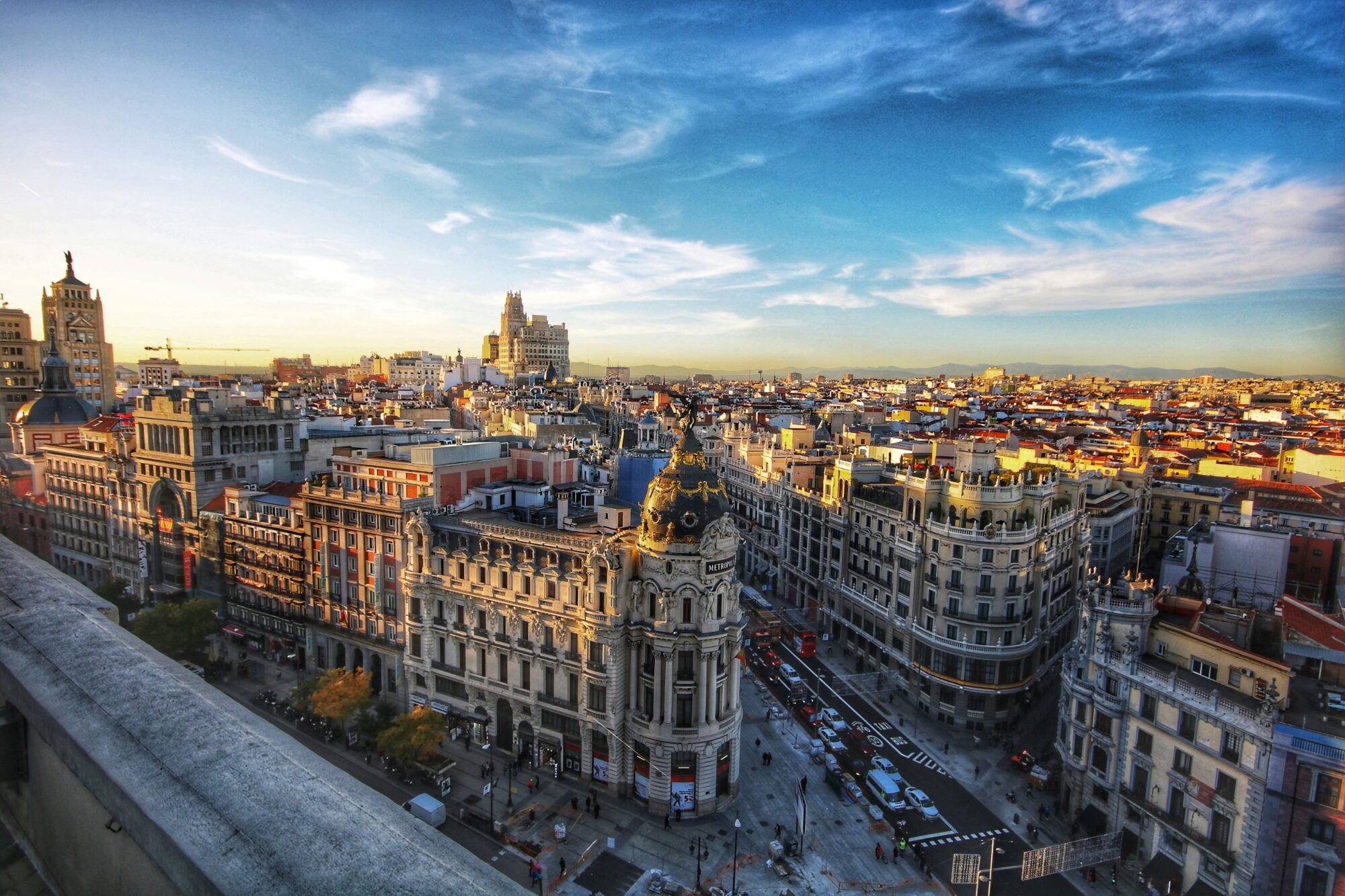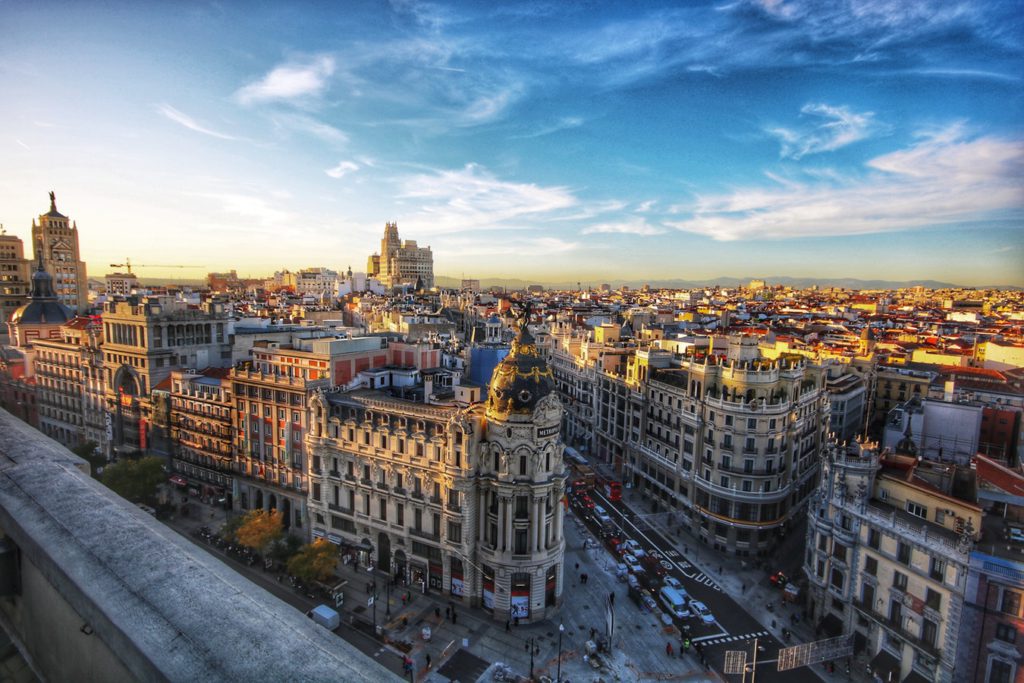Madrid's sustainable mobility at a crossroads, but there is hope
Upon the start of European Mobility Week 2024, Madrid’s High Court of Justice ruled the annulment of the city’s low emission zones (LEZs) marking an alarming halt on the city’s achievements in sustainable mobility.
As the plentiful agenda of initiatives linked to the 2024 edition of the European Mobility Week (EMW) had just kicked off, the High Court of Justice of Madrid issued a ruling that annuls the provisions regarding the creation of LEZs in the city as enshrined in a 2021 Ordinance.
The LEZs will remain active until the ruling is final, but this U-turn could mark an alarming slowdown in the advancement of the city’s ambitions in the field of urban sustainable mobility.
The ruling does not mark the end of LEZs in Madrid—thankfully
The High Court of Madrid found that the provisions on LEZs included in Ordinance 10/2021 did not sufficiently account for the disproportionate economic impact that these restrictions might bear on vulnerable groups, thus supposedly breaching the just transition principle as embraced in Law 7/2021 on Climate Change and Energy Transition.
The delegate for Urbanism, Environment and Mobility of Madrid, Borja Carabante, has stated that the legal team of the City Council is weighing the possibility of filing an appeal to the Supreme Court—something that must be done within a window of 30 days.
Even if Madrid’s High Court Decision is not brought up in front of the Supreme Court, however, this will not close the door to the future creation of LEZs since the ruling would only affect specific provisions and not the measure of LEZ as such.
The three LEZs that are currently active in the City—Madrid ZBE, ZBEDEP Plaza Elíptica, and ZBEDEP Distrito Centro—will remain in force until the ruling is final.
As areas where vehicular access is limited to vehicles that meet certain emissions characteristics, the successful implementation of LEZs has had direct positive impacts on air quality in Madrid and the benefits would only increase as the restrictions were supposed to be scaled up from January 2025.
While it is vital to ensure that the transition to sustainable mobility is just, foregoing Madrid’s achievements through the LEZs would be a great disservice to all citizens.
The EMW filled Madrid’s public space as the Court was ruling
As the Court’s decision on LZEs was being heard, numerous initiatives linked to the EMW animated the City of Madrid and promoted the vision of a ‘shared public place’—the central theme of this year’s edition.
The initiatives included—but were not limited to—public transports hosting live musical performances, gifts to users of the municipal bike rental service bicimad as a reward for choosing a sustainable mode of transport, and 25% discounts at the Municipal Transport Company (EMT) electric vehicle charging stations.
This eventful week ended on a sweet note with the new edition of ‘Fiesta de Movilidad’ happening on the Atocha-Colón axe on Sunday, 22—World Car Free Day—which featured novelties such as an exhibition of the new autonomous bus of EMT and a ‘Roller Disco’ in Cibeles Square.
Este domingo, entre Atocha y Colón, celebramos la gran fiesta de la movilidad de @MADRID
El servicio ReMAD conectará movilidad sostenible y economía circular con 70 bicicletas y otros vehículos de segunda mano a disposición de los madrileños#SEM2024
https://t.co/69BIbIfc34 pic.twitter.com/9Z4JA2Ftvy— Borja Carabante (@bcarabante) September 18, 2024
Madrid keeps looking forward to sustainable mobility
The 2024 EMW edition and the legal case on LEZ are not the ‘only’ recent news regarding mobility in the City of Madrid. Mobility has been a hot topic in the Spanish capital in the first weeks of September.
- At the beginning of the month, the City Council withdrew the license to rent scooters in the city from three operators—Lime, Dott and Tier Mobility—due to incompliance with the established obligations addressing fairness and safety of the service.
- An innovative pilot project called 'Last Mile' will soon kick off under Madrid’s ground. It will test the transport of goods and parcels on the city’s Metro lines to reduce traffic and boost air quality.
- The Madrid City Council has activated the Regulated Parking Service (SER) in Moscardó, marking the extension of this service in the district of Usera. This activation follows the favourable result of the consultations held in the summer in the neighbourhoods of Moscardó, Almendrales and Pradolongo.
As these decisions and projects shape how mobility is conceived in the City of Madrid, challenges and opportunities will arise and call on everyone’s attention.






